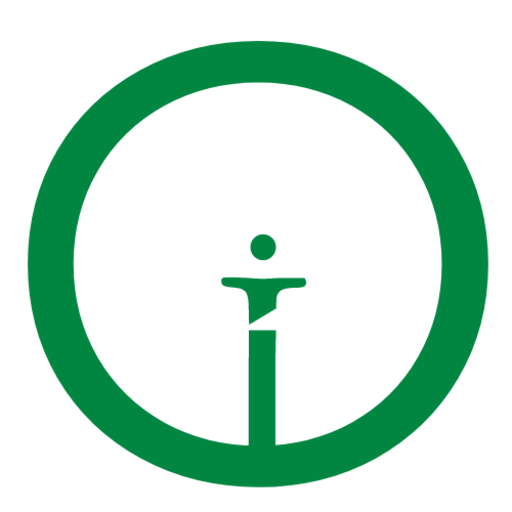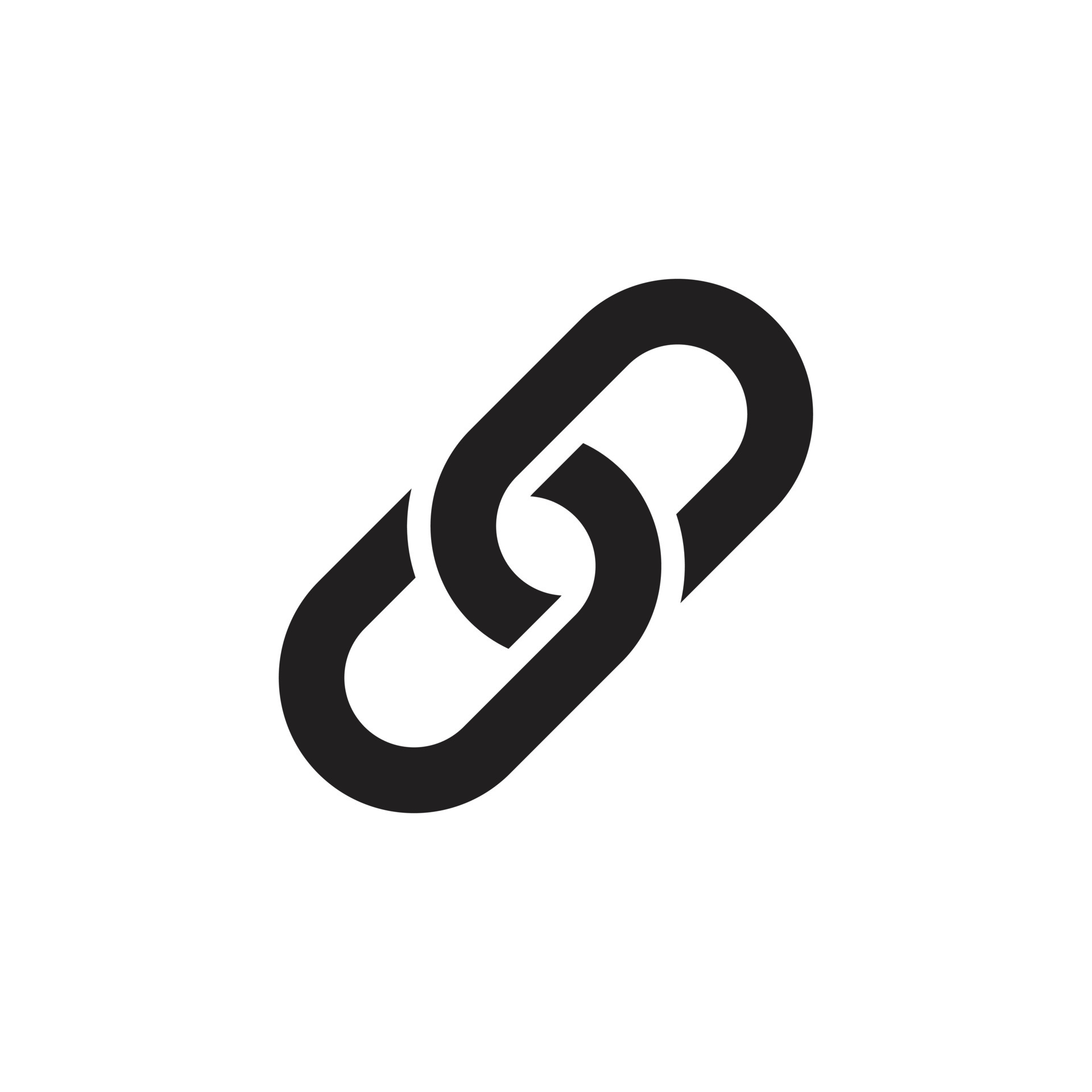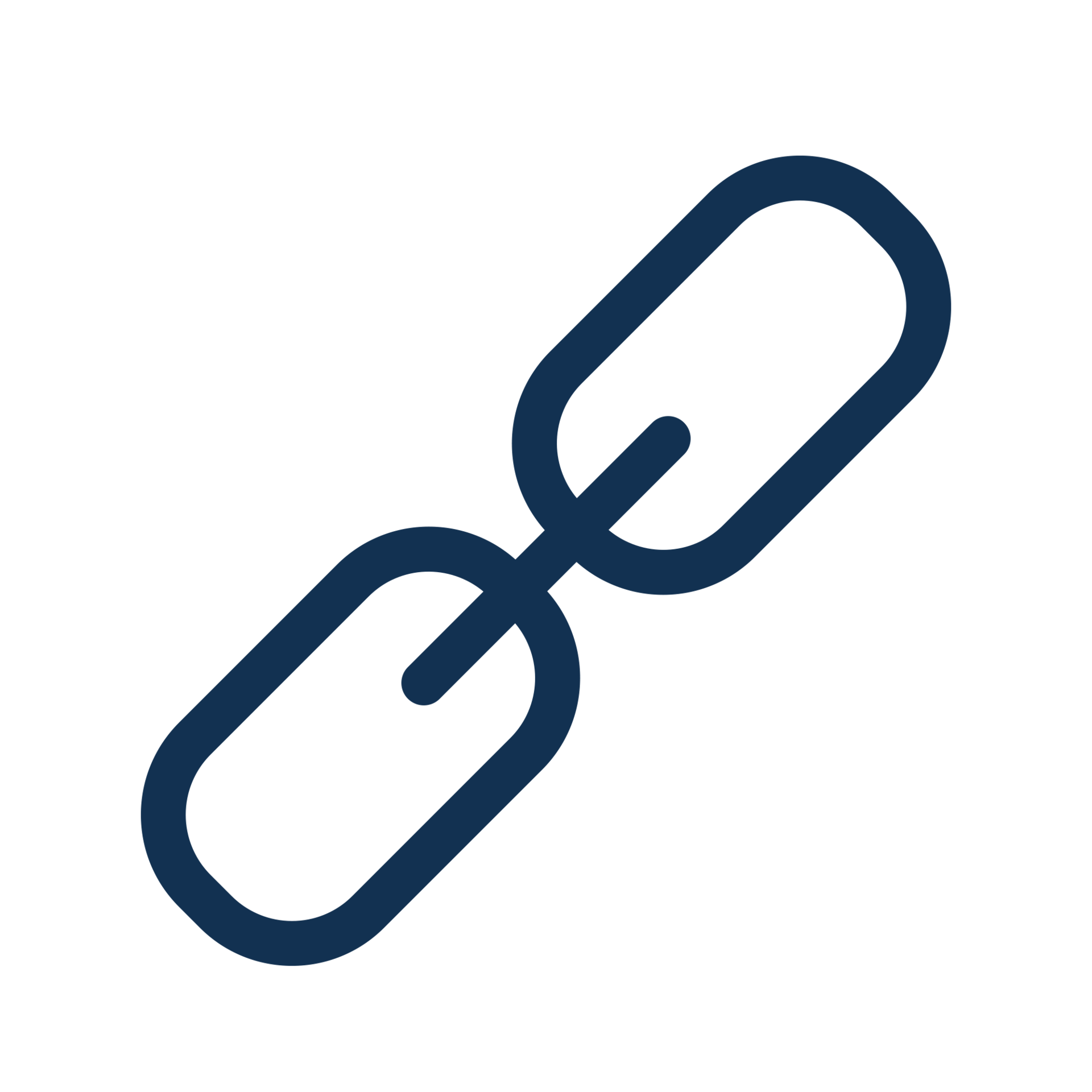What Is Link? Your Ultimate Guide To Understanding Links On The Internet
So here's the deal, links are like the secret sauce of the internet, man. Without them, we'd all be lost in cyberspace, clicking around aimlessly like headless chickens. But what exactly is a link? Let me break it down for you in simple terms, because understanding this concept can seriously upgrade your online experience. And trust me, you don't wanna miss out on that.
You see, a link is basically a clickable connection between one piece of content and another. Think of it as a bridge that takes you from one web page to another in just a single click. It's like a magic portal that opens up a whole new world of information at your fingertips. Now, doesn't that sound pretty cool?
But hey, there's more to it than just clicking around. Links are the backbone of how the internet works, and they play a huge role in how websites communicate with each other. So, if you're ready to dive deep into the world of links, buckle up because we're about to take you on a wild ride!
Read also:Serps Trends The Ultimate Guide To Mastering Google Search Engine Results
Defining What a Link Really Is
Alright, let's get technical for a moment here. A link, or hyperlink as it's sometimes called, is essentially a reference to another document or resource on the internet. It can be text, an image, or even a button that, when clicked, directs you to a different location. And that location could be another website, a specific section of the same page, or even a downloadable file.
Now, the magic behind links lies in something called a URL, or Uniform Resource Locator. This is the address that tells your browser exactly where to go when you click on a link. It's kinda like giving someone your home address so they can visit you. Without a proper URL, the link wouldn't know where to take you, and that'd be a bummer, right?
Types of Links You Need to Know
Not all links are created equal, my friend. There are different types of links out there, each serving its own unique purpose. Let’s break 'em down:
- Text Links: These are the most common type of links. You see them everywhere, usually underlined and in a different color. They're like the OG of links.
- Image Links: Ever clicked on a picture and ended up on a different page? That's an image link in action. It's basically an image that acts as a link to another location.
- Button Links: These are interactive elements, often styled to look like buttons, that you can click to perform an action, like submitting a form or navigating to another page.
- Internal Links: These are links that point to other pages within the same website. They help users navigate around the site and keep them engaged.
- External Links: On the flip side, external links take you to pages on other websites. They're like little bridges connecting different parts of the internet.
How Do Links Work?
Alright, so now you know what links are and the different types that exist. But how do they actually work? Well, when you click on a link, your browser sends a request to the server hosting the destination URL. The server then processes that request and sends back the content you're looking for, which your browser displays on your screen. Simple, right?
But there's more to it than just sending and receiving data. Links also carry something called "anchor text," which is the visible part of the link that users click on. This anchor text plays a crucial role in SEO, or Search Engine Optimization, because it helps search engines understand what the linked content is about. So, if you're into SEO, pay attention to your anchor text game!
Anchor Text: The Hidden Power of Links
Anchor text is like the secret weapon of links. It's the clickable text that tells users and search engines what to expect when they click on a link. For example, if the anchor text says "learn more about SEO," you'd expect the link to take you to a page with information about SEO. Makes sense, right?
Read also:Salamander From Monsters Inc The Hidden Gem In Pixars Monster World
Now, here's the thing: good anchor text not only improves user experience but also boosts your website's SEO. Search engines love it when anchor text is descriptive and relevant to the linked content. So, if you're building links, make sure your anchor text is on point.
Why Are Links Important?
Links are more than just clickable things on the internet; they're the glue that holds the web together. They allow us to share information, discover new content, and navigate the vast digital landscape with ease. Without links, the internet would be a chaotic mess of isolated pages with no way to connect.
But that's not all. Links also play a critical role in SEO. Search engines use links to crawl and index websites, and the quality and quantity of links pointing to your site can significantly impact your search rankings. In other words, links are like votes of confidence from other websites, telling search engines that your content is worth checking out.
Link Building: The SEO Goldmine
Link building is the process of acquiring links from other websites to your own. It's one of the most important aspects of SEO because it helps improve your site's authority and visibility in search engine results. The more high-quality links you have pointing to your site, the better your chances of ranking higher in search results.
But here's the catch: not all links are created equal. Search engines value links from authoritative and relevant websites more than links from spammy or low-quality sites. So, if you're into link building, focus on quality over quantity and always aim for links from reputable sources.
How to Create Effective Links
Creating effective links is an art, my friend. You need to make sure your links are not only functional but also user-friendly and search engine-friendly. Here are some tips to help you create links that rock:
- Use Descriptive Anchor Text: As we discussed earlier, anchor text should clearly describe the linked content. Avoid using vague phrases like "click here" and opt for more descriptive text instead.
- Keep It Short and Sweet: Long, complicated anchor text can be confusing and hard to read. Keep it concise and to the point.
- Make It Relevant: Always link to content that's relevant to the topic at hand. This improves user experience and helps with SEO.
- Use HTTPS Links: Secure links using HTTPS are preferred by search engines and provide a safer browsing experience for users.
Common Link Mistakes to Avoid
While links are super useful, they can also cause problems if not used correctly. Here are some common link mistakes to watch out for:
- Broken Links: These are links that lead to pages that no longer exist or can't be found. They create a poor user experience and can harm your site's SEO.
- Overusing Links: Too many links on a page can overwhelm users and dilute the focus of your content. Use links sparingly and only when necessary.
- Using Irrelevant Anchor Text: As we've discussed, anchor text should be relevant and descriptive. Using irrelevant or spammy anchor text can hurt your SEO efforts.
How to Fix Broken Links
Broken links are like potholes on the information superhighway. They frustrate users and can damage your site's credibility. To fix broken links, you need to identify them first. You can use tools like Google Search Console or broken link checkers to find and repair broken links on your site. It's a bit of a hassle, but trust me, it's worth it.
The Future of Links
As technology evolves, so do links. We're seeing new types of links emerging, like deep links that take users directly to specific content within apps, and rich links that provide additional information without requiring users to leave the current page. These innovations are changing the way we interact with digital content and making the internet more dynamic and engaging.
But one thing remains constant: links will always be an essential part of how we navigate and share information online. So, whether you're a content creator, a marketer, or just a regular internet user, understanding links and how they work is crucial in today's digital age.
Conclusion: Take Your Link Game to the Next Level
In conclusion, links are the backbone of the internet, connecting us to a world of information and opportunities. Understanding what a link is and how it works can help you make the most out of your online experience. Whether you're building links for SEO, creating user-friendly content, or simply navigating the web, knowing your way around links is a skill that pays off big time.
So, what are you waiting for? Go ahead and start exploring the world of links. And don't forget to share this article with your friends and colleagues. Together, let's make the internet a better, more connected place. Cheers!
Table of Contents
- Defining What a Link Really Is
- Types of Links You Need to Know
- How Do Links Work?
- Anchor Text: The Hidden Power of Links
- Why Are Links Important?
- Link Building: The SEO Goldmine
- How to Create Effective Links
- Common Link Mistakes to Avoid
- How to Fix Broken Links
- The Future of Links



